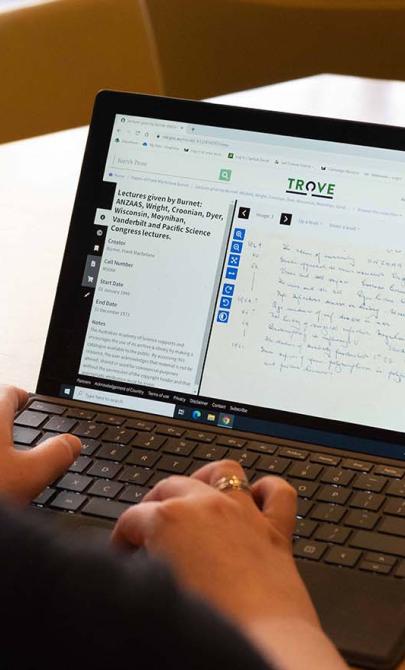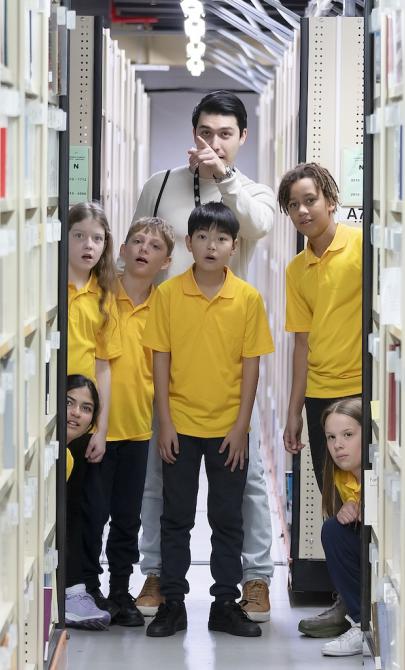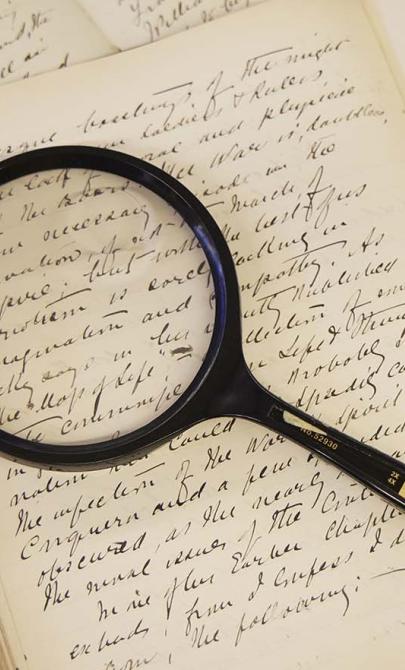Erika Feller - International lawyer

Erika Feller, photo courtesy of Kim Rubenstein
Erika Feller, photo courtesy of Kim Rubenstein
Erika Feller has had an eminent career in international law, humanitarian protection and diplomacy. In 2006, when she was appointed Assistant High Commissioner for Refugees, she became the highest-ranking Australian working for the United Nations at that time. In the ensuing years she undertook protection oversight missions to most major refugee emergencies of that period. She has been a strong spokesperson for millions of displaced people throughout the world. Appointed a Fellow of the Australian Institute of International Affairs in 2013, in 2014 Feller assumed the role of Vice-Chancellor’s Fellow at the University of Melbourne.
Early life and education
Erika Feller was born on 19 April 1949 in Melbourne, Victoria the second child in the family, with an older brother, Michael and a younger sister Madeleine. Her father Karl, a qualified architect, had come to Australia as a German refugee but had to obtain an Australian qualification before practicing as an architect in Australia. Feller’s mother, Elizabeth was a pharmacist.
Erika was educated at Lauriston Girls’ School in the Melbourne suburb of Armadale and completed her Law degree at the University of Melbourne.
Erika Feller - The appeal of law
Erika Feller - A diplomatic career
Career milestones
Her first posting during her early years working for the Department of Foreign Affairs, as it then was, was to Berlin in 1973. On completion of her term, she returned to Canberra to become Assistant to the Legal Advisor of the Department of Foreign Affairs and Trade, Elihu Lauterpacht.
In 1980, she was posted to Geneva as the First Secretary at the Australian Mission to the United Nations and then promoted to Counsellor. It was here that she began to observe refugee and humanitarian concerns and had her first encounter with the Office of the United Nations High Commissioner for Refugees (UNHCR). She represented Australia as a lead drafter in the United Nations Convention against Torture. Through this experience she learnt about the power and limitations of international law.
Erika Feller - Drafting the convention
On completion of her Geneva assignment in 1984, she returned to Canberra to lead the human rights section in the Department of Foreign Affairs but returned to Geneva in 1986 to accept a secondment to the UNHCR as a Senior Legal Advisor and Chief of the General Legal Advice Section. In addition to research work and international law, she completed field work for UNHCR in Tajikistan to assist with drafting a law on internal and external displacement, bringing into force a regime of law protecting refugees. There she experienced for the first time not only the misery but also the generosity and hospitality of displaced people.
Her next assignment was to Malaysia where she saw first-hand the potential for refugee camps to be destructive to people; to erode incentive for individuals to take control of their own lives. This experience prompted her to assist refugees living in protracted situations.
In 1996, she returned to Geneva to become the Deputy Director of the Division of International Protection, then in 1999 as its Director. In 2006, she was appointed to the newly created role of Assistant High Commissioner for Protection, with the rank of Assistant Secretary General, making her the highest-ranking Australian working in the United Nations at that time.
Erika Feller - Representing Australia
Later career and recognition
In 2013, Feller resigned as Assistant Commissioner for Protection and took up the appointment of Fellow at the Australian Institute of International Affairs. Despite her love for the work, she found it increasingly tiring.
Erika Feller - Embracing the experiences
She expressed profound respect for the way people conducted themselves under extremely stressful circumstances.
Interview and legacy
Erika Feller was interviewed by Kim Rubenstein for the Trailblazing Women and the Law Oral History Project. The interview is accessible.
Learning activities
Activity 1: Explore international limitations
Feller discussed being the lead drafter at a United Nations Convention. Have your students explore the United Nations site on International Law and Justice and the Australian Government site on Treaty-making process.
- Discuss as a class why there may be limitations to enforcing International Law in different countries including Australia.
Activity 2: Define and distinguish
During her work with the UNHCR, Feller had firsthand experience working with displaced people and refugees. Ask your students to define the difference between ‘displaced people’ and ‘refugees’.
- How has Australia’s response to displaced people and refugees changed since 1945?
- What evidence can the students find to support this understanding?
Activity 3: Rights and recognition
Review resources:
- Australian Women Lawyers as Active Citizens
- Australian Women’s Register
- Australian Dictionary of Biography
Explore other Australian women who have worked to improve the rights and recognition of refugees, women and the rights and recognition of Australian Aboriginal and Torres Strait Islander communities.
Activity 4: Domestic and international
How did/do their professional lives operate in a domestic Australian context and how much of their professional life operates in an international context? See The International Stage: Australian women lawyers as active citizens.
Activity 5: Active citizenship
What does it mean to be an active citizen? See Australian Women Lawyers as Active Citizens.



